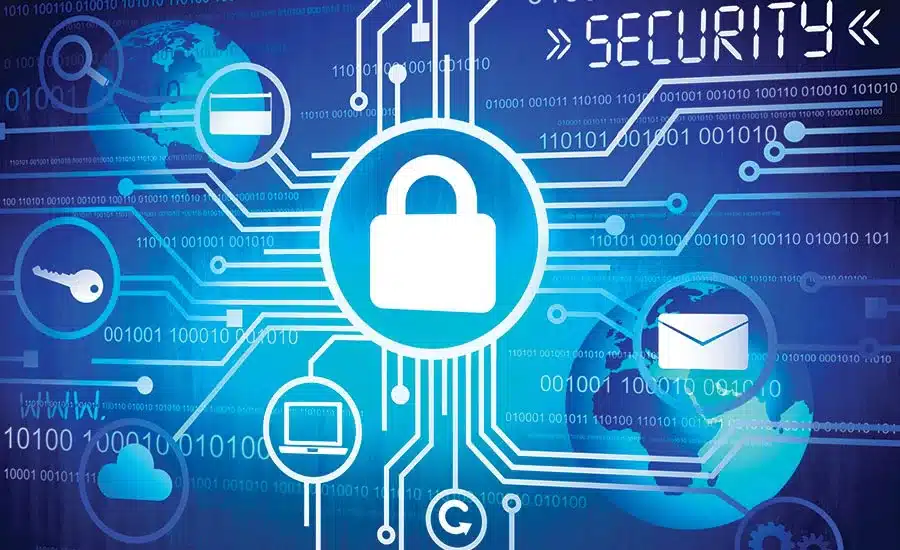Internet Security for Students
Security Tips for Students on the Internet – Safeguarding your Digital Journey
Internet Security – In today’s interconnected world, the internet plays a vital role in the lives of your students. That is to say it serves as a treasure trove of information, a platform for communication and a tool for educational enhancement.
However, this vast digital landscape also presents risks. Therefore, your students need to be aware and adopt some essential internet security tips for students to navigate the online world safely.
Passwords
Create strong and unique passwords for internet security
Passwords are the first line of defense against unauthorized access to your online accounts. Consequently, develop a habit of creating strong and unique passwords for each of your accounts.
For example, use a combination of upper and lower case letters, numbers and special characters. Furthermore, avoid using obvious choices such as birth dates or common words. Additionally, consider using a password manager to securely store and manage your passwords.
Phishing
Be cautious of phishing attempts
Phishing is where cyber-criminals attempt to deceive individuals into revealing sensitive information.
Be careful when receiving emails, messages, or pop-up notifications asking for personal information. To increase your internet security avoid clicking on suspicious links or downloads.
When in doubt contact the organization directly.
Updates
Update your software regularly for online security
Software updates often include important internet security patches and bug fixes that address existing problems.
Keep your operating system, web browsers, antivirus software, and other applications up to date. For example, enable automatic updates whenever possible to ensure you have the latest protections against emerging threats.
Devices
Security for Students – Secure your devices
Whether it’s a laptop, smartphone, or tablet, securing your devices is vital for maintaining internet security. Set up a strong lock screen password or PIN and enable biometric authentication if available.
Additionally, consider encrypting your device’s storage and install reliable antivirus software to protect against malware. To clarify, regularly scan your devices for potential threats.
Social Media
Practice safe social media habits for internet security
Social media platforms offer an excellent way to connect and share experiences, but it’s essential to exercise caution when using them.
One of the best security tips for students is to adjust your privacy settings to control who can view your posts and personal information. Be mindful of what you share online, as once it’s out there, it’s challenging to take back.
Avoid accepting friend requests or engaging with suspicious accounts, and be cautious of sharing personal details.
Wi-Fi
For increased online security utilize secure Wi-Fi networks
When accessing the internet outside your home or school, be cautious about connecting to public Wi-Fi networks.
Unsecured networks can expose your data to hackers. If you must use public Wi-Fi, refrain from accessing sensitive information or logging into accounts that contain personal data.
Instead, consider using a virtual private network (VPN) to encrypt your connection and protect your online activities.
Internet security is a vital aspect of every student’s digital journey. By following these essential tips and adopting a proactive approach, you can safeguard your online presence and protect your personal information.
Trust that your data is secure:
- Create secure logins for your staff
- Create secure logins for your customers
- Turn on two factor authentication
and so much more!
Interested in Oases for your Tutoring Business?
Love it and want it now?
Create your Oases database!

